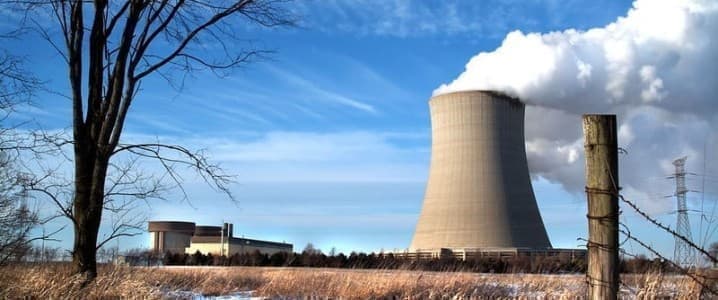EDF shares fell 20% in a single day last week. A big move for a giant utility, whose majority stockholder is the French state. Why? Start with these facts: 2022 is an election year, and energy prices in Europe have risen rapidly in recent months due to a natural gas shortage possibly engineered by the Russians. So the French government assured consumers that electricity prices would rise no more than 4% this year. To achieve this aim, it first cut the energy tax to lower prices. Then it told EDF (which primarily produces nuclear power) to raise its sales to competitors at a set (below market) price, which will make a big dent in EDF’s potential earnings.
Should EDF’s shareholders be surprised? We would argue no. The French government simply demonstrated the validity of the two immutable iron laws of energy pricing.
Law 1— Government-controlled companies, despite having thousands of private shareholders, are government agencies and they act that way when politicians so order. That may mean taking actions that disadvantage all shareholders, including the government, if those actions are good for incumbent politicians. You can easily see that pattern looking back on Teléfonos de Mexico or Petrobras or Gazprom or any of the state-controlled companies in China.
Law 2— Politicians like competitive markets as long as those markets produce stable or declining prices. They do not like competitive markets that produce higher (especially sharply higher) prices for commonly used goods and services. For the market to work, producers need to offset periods of low prices and margins with periods of high prices and margins in order to make a reasonable profit over time. If the government cuts off the top of each price cycle, then what? The UK government set ceilings on retail energy prices a while ago and a number of energy suppliers went bust.
Alfred E. Kahn, the Cornell University economist who led America’s deregulation effort in the 1980s argued that competition and regulation could not co-exist in the same market, and that the market would inevitably swing in one direction or the other. The implication being that new technology would swing the market more to deregulation, as it did in telecommunications. But not in the energy sector. We see the EDF actions as well as the energy pricing in the UK as part of a camouflaged return to regulation. (Politicians can claim these are one-off measures taken for unusual reasons, but one can make that claim every time prices shoot up.)
In short, European governments or regulatory agencies might have required actions to forestall or mitigate the pricing crisis in ways the competitive market could not, but they did not. So, when push came to shove, we should not have been surprised by what they did do. They just followed iron laws 1 and 2.
By Leonard Hyman and William Tilles for Oilprice.com
More Top Reads From Oilprice.com:
- China's Attempt To Kill The Oil Rally Is Bound To Fail
- A Copper Crisis Threatens The Energy Transition
- $80 Oil Is Too Enticing For U.S. Drillers To Ignore


















